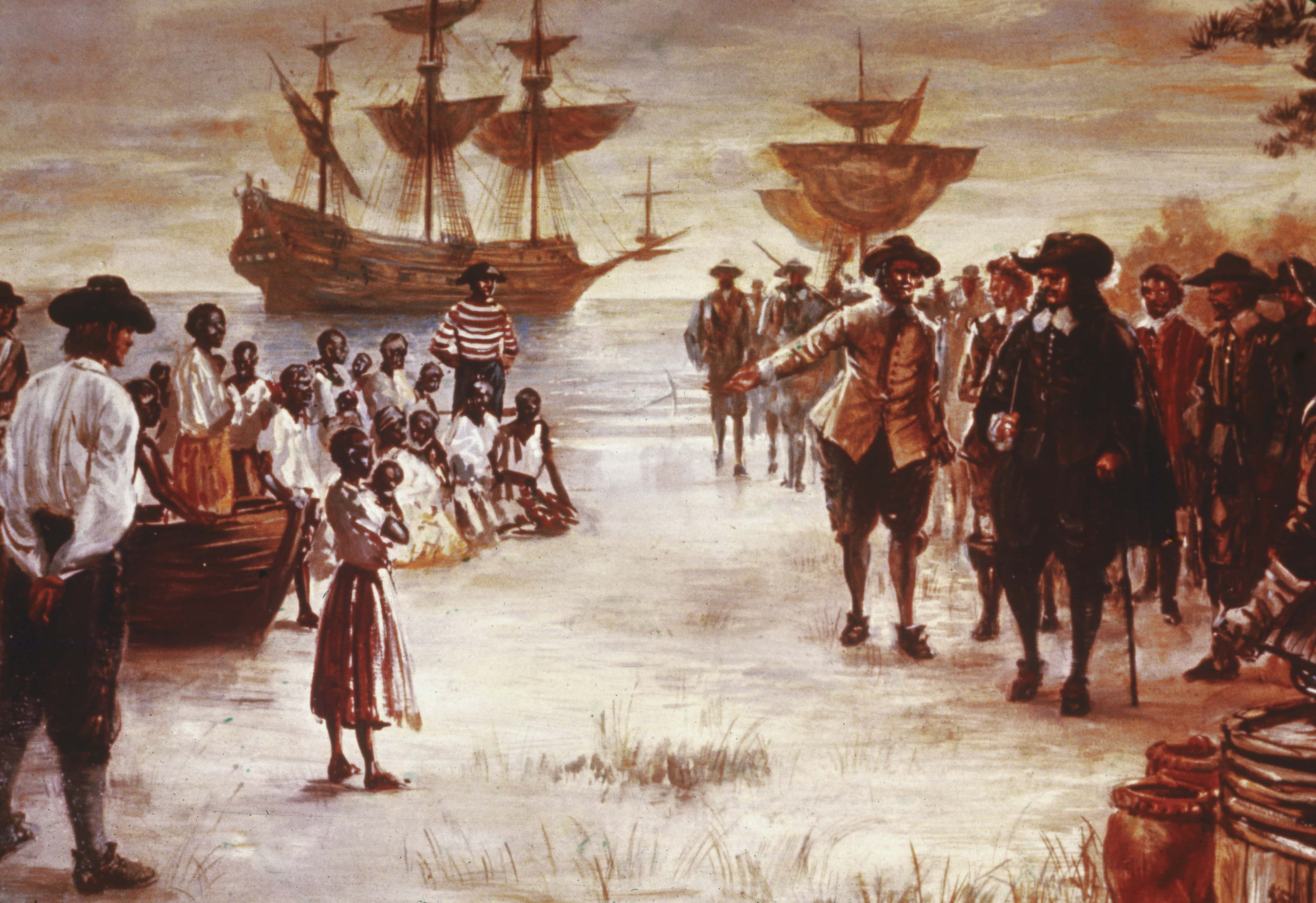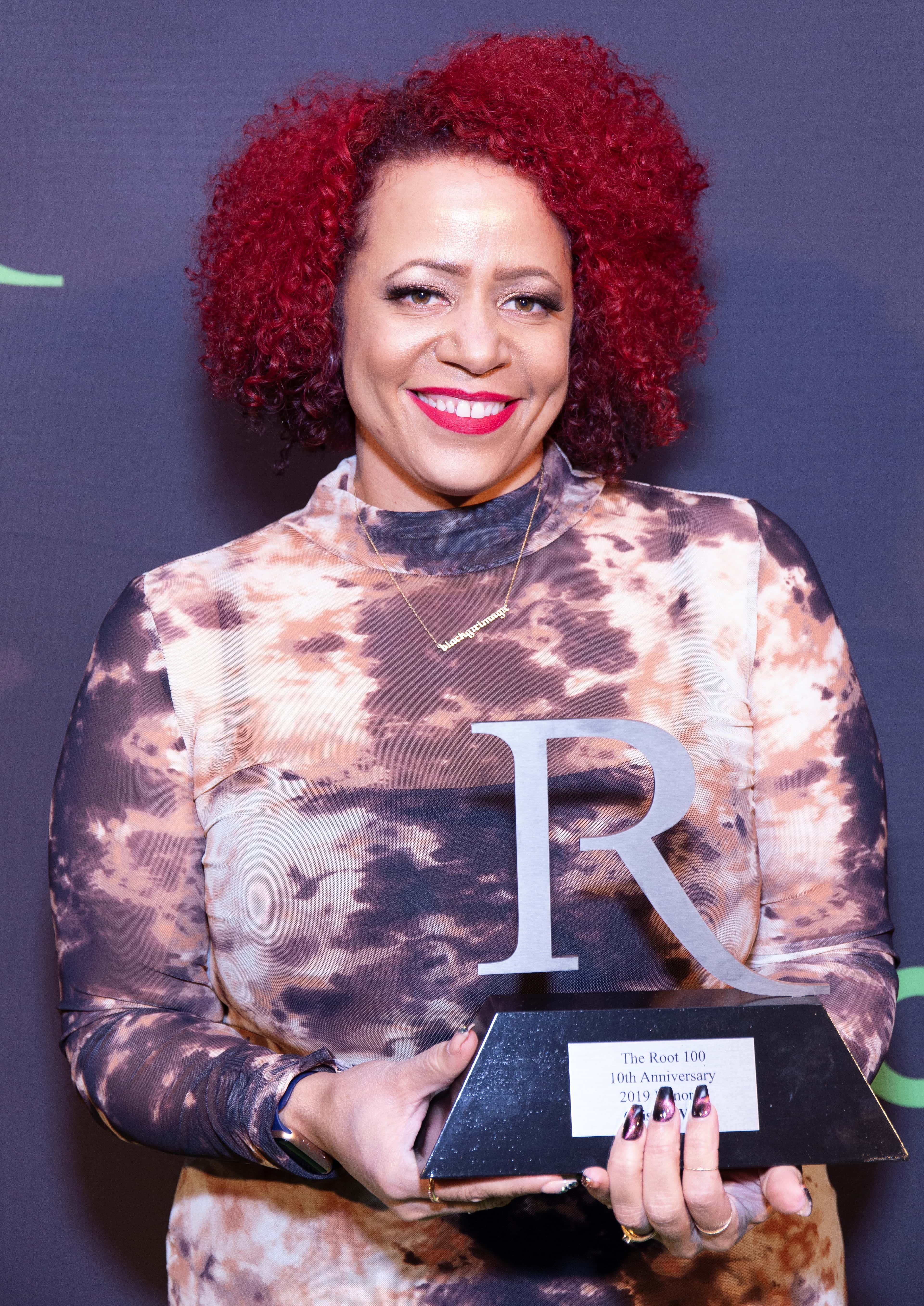Who is Nikole Hannah-Jones? All we know about director of '1619 Project' which Trump doesn't want in schools

On September 7, President Donald Trump lashed out at schools teaching the ‘1619 Project’, saying it seeks to change the US history. The president’s remarks opposing the project came just a day after he retweeted a post from an unverified account criticizing the project saying, "California has implemented the 1619 project into the public schools. soon you wont recognize America." In his retweet, Trump said: "Department of Education is looking at this. If so, they will not be funded!"
Department of Education is looking at this. If so, they will not be funded! https://t.co/dHsw6Y6Y3M
— Donald J. Trump (@realDonaldTrump) September 6, 2020
The ‘1619 Project’ was started in August 2019 by The New York Times to mark the 400th anniversary of the arrival of African slaves to the English colonies and to acknowledge the legacy of slavery and the contributions that the Black Americans made towards the nation. The interactive project is directed by Pulitzer-winning New York Times journalist Nikole Hannah-Jones with contributions made by the newspaper’s writers. It features essays on the history of several aspects of contemporary American life that have “roots in slavery and its aftermath,” according to many authors. The project suggests that 1619 be considered as America’s “birth year” as the first enslaved Africans came to Virginia that year and not 1776 when the founding fathers declared independence from Great Britain.

Oprah Winfrey and Lionsgate are partnering with Hannah-Jones to also adapt it for film and television while a series of books have also been planned.
Who is Nikole Hannah-Jones?
She was born in Waterloo, Iowa, to Milton Hannah, an African-American, and Cheryl A Novotny, who is of Czech and English descent. Hannah-Jones is the second of three sisters. The journalist received a bachelor's degree in History and African-American Studies from the University of Notre Dame in 1998. She has a master's degree from the University of North Carolina Hussman School of Journalism and Media, where she was a Roy H Park Fellow. She began her career as an education beat reporter for the Raleigh News & Observer, for three years. Later, she worked for The Oregonian and ProPublica. In 2015, she joined The New York Times as a staff reporter.

During an interview with Essence magazine, she said, “The only reason I became a journalist was to write about racial inequality and to write about Black folks. My role as a Black journalist is to do serious journalism; that is working to the benefit of our people.”
But the road wasn’t easy. She doesn’t have fond memories of her alma mater Notre Dame. She told The Observer, “I did not enjoy my time at Notre Dame. I met some great friends there. But it was definitely a challenge. I almost flunked out my freshman year because it was such a hard experience. I stopped going to some of my classes.” But she did gain back her confidence and decided to complete her degree. She hasn’t returned to campus since her graduation but remembers the Black educators and administrators who helped her there. During her time there, she got other students of color together to protest the Columbus murals inside the main building and stand up for Latino students.
She won the 2020 Pulitzer Prize for Commentary for The 1619 Project. Reminiscing about the first time, in her mid-30s, she visited The Times; she had toured the Pulitzer Hall and saw that only a couple faces of Black women on the walls of the organization that had won more Pulitzers than any other. “To think that now my picture will be up there for perpetuity and that other Black girls who come to the Times will get to see that on the wall is really profound and moving to me,” she told The Observer.
Even though she had a difficult time at Notre Dame, it’s where the journalist was introduced to the work of someone she has admired ever since — journalist and activist, ad one of the founders of the National Association for the Advancement of Colored People (NAACP) -- Ida B. Wells. Her twitter display name is called Ida Bae Wells. She along with Ron Nixon, Corey Johnson and Topher Sanders in 2016, with the help of Open Society Foundation, Ford Foundation and the CUNY Graduate School of Journalism launched the Ida B. Wells Society for Investigative Reporting. According to the official website, the founders “decided they would launch an organization to provide the training and mentorship necessary for journalists of color to compete and succeed in these positions”.
However, she has had her share of controversies. In June 2020, she was criticized for retweeting a Twitter thread that detailed a conspiracy theory claiming that the noticeable uptick in firework shows in Brooklyn and Queens were part of “a coordinated attack on Black and Brown communities by government forces”. The writer deleted the retweet and in an interview with the National Review apologized for it. She said, “I should not have retweeted that tweet thread. I was curious about what other people thought of it as I have seen lots of comments on the unusual nature of fireworks this year, but I did not make that clear. That was an irresponsible use of my platform and beneath my own standards, which is why I deleted my Tweet.”
Her project has also faced a critical reception from other quarters. It has been criticized by historians like Gordon S Wood and Leslie M Harris that without evidence it is stated that "one of the primary reasons the colonists decided to declare their independence from Britain was because they wanted to protect the institution of slavery." In a clarification, NYT said, “Today we are making a clarification to a passage in an essay from The 1619 Project that has sparked a great deal of online debate. The passage in question states that one primary reason the colonists fought the American Revolution was to protect the institution of slavery. This assertion has elicited criticism from some historians and support from others.” The also said, “We stand behind the basic point, which is that among the various motivations that drove the patriots toward independence was a concern that the British would seek or were already seeking to disrupt in various ways the entrenched system of American slavery.”
They stated, “We recognize that our original language could be read to suggest that protecting slavery was a primary motivation for all of the colonists. The passage has been changed to make clear that this was a primary motivation for some of the colonists. A note has been appended to the story as well.”
In light of the recent comments from Trump, Hannah-Joes told TMZ that Trump is powerless to direct what is taught in schools and cannot pull funding. She said, “The truth is, the '1619 Project' is already being put into practice in many schools across the country, teaching students about the consequences of slavery and the contributions of Black Americans to the nation's history.”
Meanwhile, Trump's threat to defund the education department gave rise to a debate. According to a report in the Independent, the president’s capacity to cancel funding to schools via the education department is strictly limited and earlier efforts on behalf of the Republicans to stop children from studying the project have not met any results.










